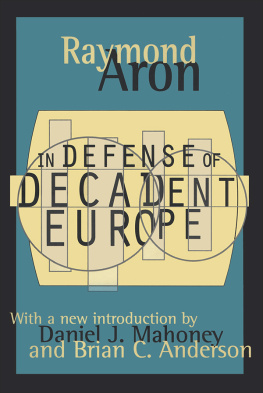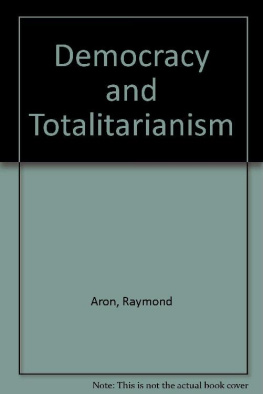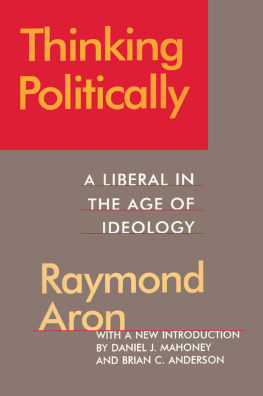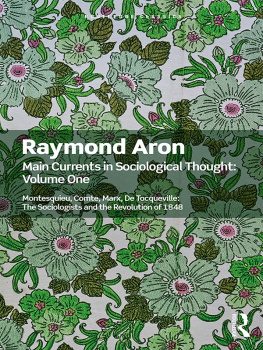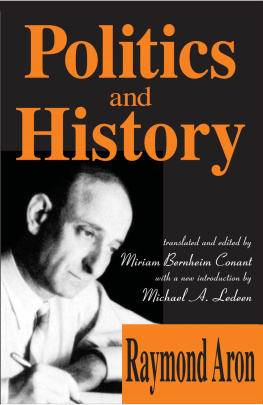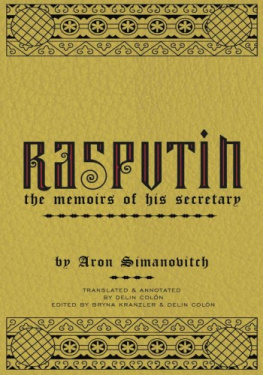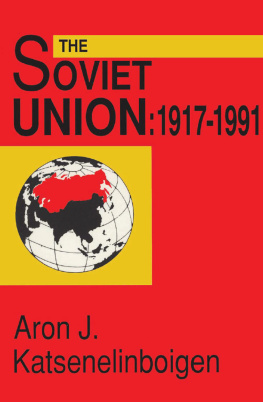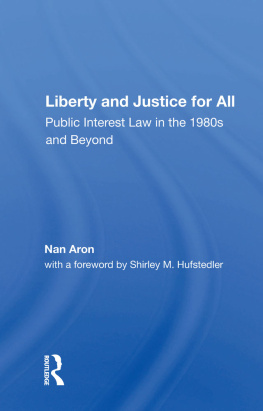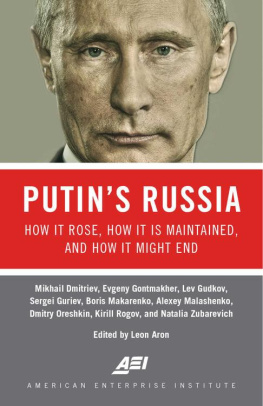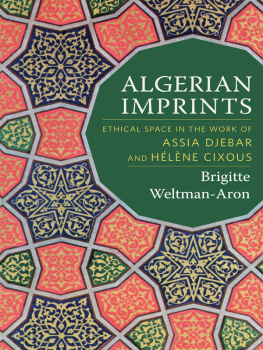RAYMOND ARON
MEMOIRS Fifty Years of Political Reflection
Translated by George Holoch Foreword by HENRY A. KISSINGER
HOLMES & MEIER New York London
CONTENTS
PUBLISHER'S NOTE ON THE ENGLISH LANGUAGE EDITION
Many individuals lent invaluable assistance during the shaping of the Englishlanguage edition of Raymond Aron's memoirs, and we would like to acknowledge several persons in particular.
Professor Stanley Hoffmann's intimate knowledge of Aron's thought and works, as well as his generous editorial guidance at various stages of the Memoirs, influenced the overall quality of the volume. A special debt of gratitude is also owed to Mme Dominique Schnapper, Raymond Aron's daughter and a scholar in her own right, whose cooperation and painstaking review of the translation were helpful throughout the course of the project. Finally, Arthur Goldhammer's meticulous editorial preparation of the text for the English-language translation significantly enhanced the final book.
M.J.H.
FOREWORD
Henry A. Kissinger Raymond Aron was a philosopher and a journalist. He wrote seminal works on the philosophy of history, on Clausewitz, on war and peace. He composed several trenchant columns a week, mostly for Le Figaro but also for an extraordinary range of other publications, philosophical, historical or topical in scope. And he maintained that pace with astonishing brilliance for nearly fifty years.
Raymond Aron was my friend. He was also my teacher. Few intellectuals have had a deeper impact on my thinking; none a greater one. Lest I burden his memory with my critics, let me add that he was on occasion less than satisfied with his student.
I met Raymond Aron in Paris in the fifties. It was in his apartment along the Seine--I a graduate student and he already a famous intellectual. At the time I was editing a publication called Confluence, a journal of limited circulation which I had launched in naive ignorance of the mechanics of publishing a small magazine, not to mention the financial vagaries. It was to be a medium through which European and American intellectuals could debate a series of issues of mutual interest. Aron seemed surprised at my youth; I was intimidated by his fame and somewhat skeptical manner. It was my initiation to Aron's characteristic mixture of intellectual rigor and emotional support. Though he had much better outlets, Aron not only wrote for Confluence but was also a great help in inducing other well-known French authors to do so.
Until his death some thirty years later, that first meeting set the tone of our relationship. I genuinely admired Raymond Aron; in turn, he gave me every indication of his regard, even of his affection, though in these memoirs he feels compelled--quite properly--to make clear that he was never one to surrender his judgment to the friendship of a Secretary of State.
In the Epilogue of these memoirs, Aron speculates about whether he was considered cold. Those who knew him had no such doubts. They realized that he was a man of passion, deeply committed to liberty, to Western culture, and to democratic ideals.
Aron was French and he was Jewish. He witnessed the decline and rebirth of France and the persecution and survival of the Jews. He lived through the confusion of prewar Europe; through exile in London during the war and all the tumults of internecine struggles, decolonization and internal debate of postwar Europe.
Through all this turbulence Raymond Aron maintained his sense of proportion and above all his sense of direction. Like a rock against which the waves hurl themselves, on the surface the very cause of their turmoil, in historical perspective Aron becomes the figure to illustrate others' transitoriness. What a record of steadfastness the writings of Aron represent in opposition to the conventional wisdom of his day! By the time the Second World War broke out he had already witnessed the fatuousness of a policy that sought to protect the small countries of Eastern Europe by a defensive strategy in the West. He warned against the failure to resist--in the name of peace and negotiation--the German reoccupation of the Rhineland, which gave Nazi Germany a glacis behind which it effected the overthrow of the existing European order. Aron understood that the British guarantee of Poland amounted as well to a guarantee of the Soviet borders since the German armies could not reach the Soviet Union without first crossing Poland. And he saw clearly that, therefore, paradoxically and unjustly, negotiations with Moscow would be rendered more difficult by Britain's decision at last to abandon appeasement.
In London during the war Aron supported the Free French. Throughout the postwar period, he was a staunch supporter of European unity, American friendship and Franco-German reconciliation. In the travails of France, he usually took the unpopular position. He was an early advocate of Algerian independence, recognizing that the "liberal" solution of greater autonomy would never satisfy on a continent where all colonies were on the road to independence.
Aron's friendship for America was deep but far from uncritical. Indeed, side by side with his defense of Atlantic partnership, persisted a masterful-occasionally scathing--critique of the policies by which this partnership was being implemented, including those of the author of this foreword. On Vietnam he deplored the extent to which America had staked its prestige even as he understood the struggle to extricate itself with honor.
Through the decades, Aron never wavered in his commitment to the cause of freedom. He never joined the Marxism in vogue with such contemporaries as Sartre and Merleu-Ponty, or the fashionable anti-Americanism of Malraux. He walked alone for the greater part of his life, only to be vindicated at the end by the turn of French intellectuals away from Marxism--though perhaps too late to give him the formal recognition of intellectual leadership which was his due.
Documenting Aron's intellectual life might easily overwhelm even the most devoted biographer, for how could anyone distill the passion, the honesty and the dedication behind such a stupendous output?
Fortunately for posterity, Aron undertook the task himself at the end of his life.
In this intellectual biography, at once modest and moving, Aron steers the reader through the spiritual odyssey of his life using extracts from his own reader through the spiritual odyssey of his life using extracts from his own most significant articles and books as guideposts. One meets not only the author but also the extraordinary group of men and women he encountered on the way. The memoirs are profound, yet easy to read; they reveal a warm, caring personality whose commitment to the principles of freedom provided the impetus for his extraordinary labors.
For a man like myself, involved for many years in the mundane tasks of diplomacy, Aron's book is not always comfortable reading. Clearly, his judgment of my efforts as a statesman is less admiring than mine of his contributions to Western thought.
This is as it should be. The philosopher deals with truth; the statesman addresses contingencies. The thinker has a duty to define what is right; the policymaker must deal with what is attainable. The professor focuses on ultimate goals; the diplomat knows that his is a meandering path on which there are few ultimate solutions and whatever "solutions" there are, more often than not turn into a threshold for a new set of problems.
De Gaulle characteristically summed up the dilemma in a letter cited by Aron: "It happens that I am sometimes not convinced by what you write and I know that from the outset you have rarely approved what I do. However, please believe that I admire the way in which your mind attempts to encompass the great flood that is carrying all of us toward an apparently measureless and, in any event, unprecedented fate."
Next page

